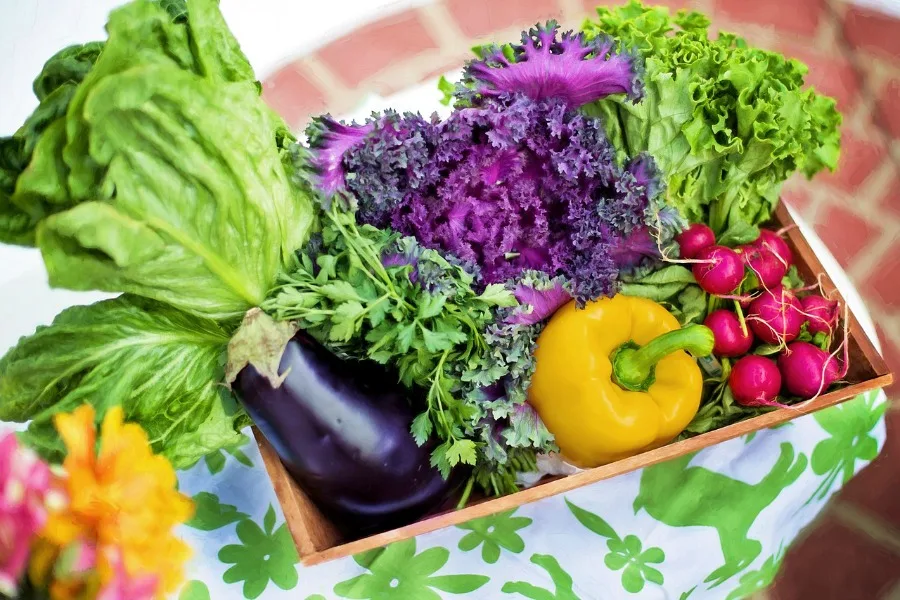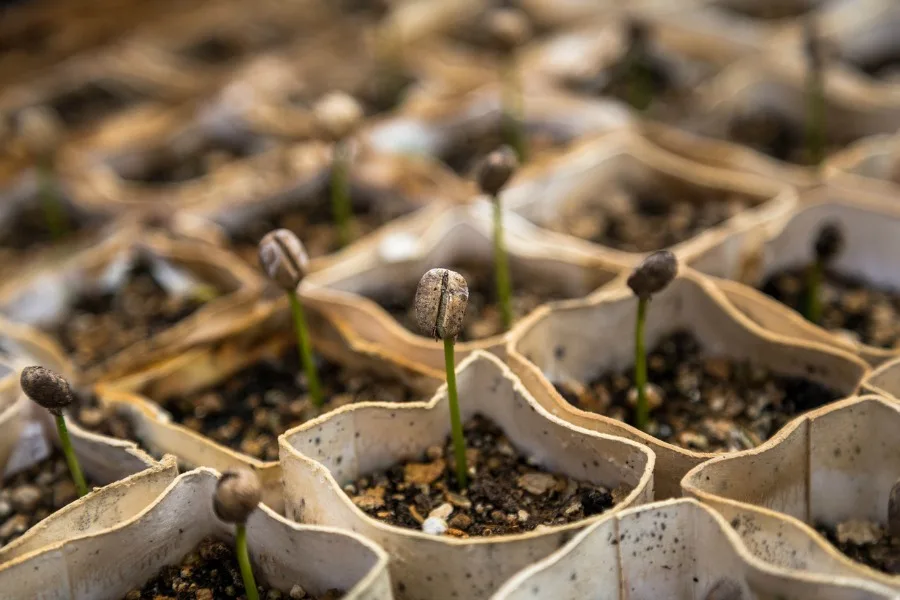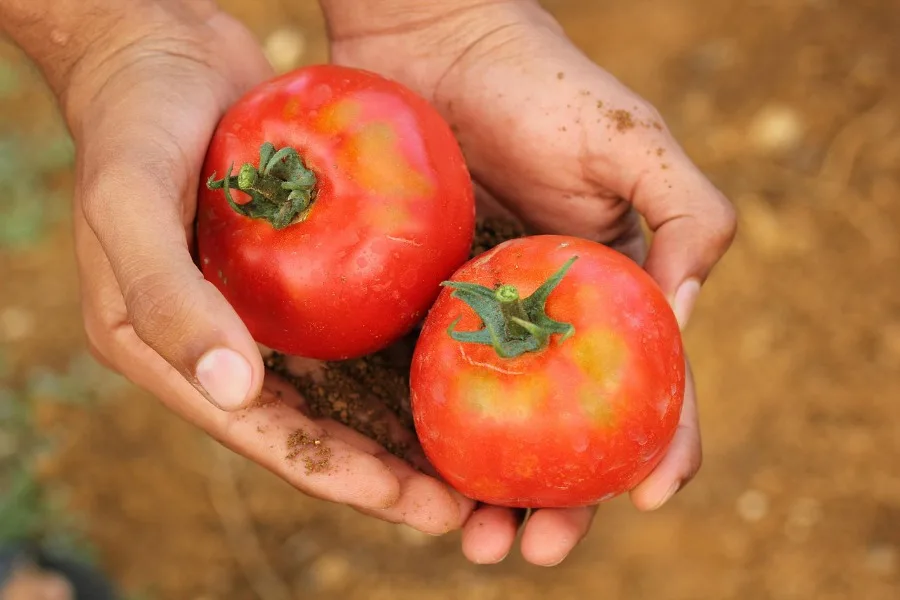Gardening is quickly becoming one of the most popular hobbies in the United States. Most people are deciding to cash in on this hobby by growing fresh veggies right in their backyards. For those new to gardening, it can seem almost magical; put a seed in the ground, water it, wait, and then you have vegetables. But, it takes more than that! When it comes to planting vegetable seeds and growing the best vegetables, you’re going to need a bit of know-how and the best way to start is by creating a seed vegetable list.

What Kind of Seed Is It?
Before you even buy your vegetable seeds, you should take care to note what type of seeds you’re actually getting. This will help you to determine what the plant that you’re trying to grow will actually require. For example, genetically modified seeds are normally hardier and produce more veggies.
Organic, while in vogue, will likely require a higher dose of pesticide and a bit more TLC to grow properly. Hybrid vegetable seeds can get you the best of two different species. Choose whichever works best for your level of skill and time you can dedicate to your garden.
What Climate Does It Need?
Not all climates are equal when it comes to growing things. If you choose a vegetable that isn’t going to do well in whatever zone you’re in, you’re setting yourself up for a disheartening failure. Before leaving the store with your seeds (or placing your order), you should learn what zone you live in and what plants are likely to thrive there. The good news? No matter where you live, there’s likely a plant species (or several) that have adapted to it just fine.

Where to Plant the Seeds
Once you actually make it home with your seeds, it’s time to start planting. The question, of course, is where exactly do you plant? Common sense tells us that the best spot for planting vegetable seeds is in the direct sunshine, far away from any other plants.
But, don’t do that just yet! First, read about your seeds. Some actually do far better in an area that gets shade and stays cool; too much sun will result in a dead plant, not a healthier one. Then, plant where it seems best, even if it’s an indoor planter or greenhouse.
What Are Its Needs?
Plants, just like people and pets, have needs that have to be met in order for them to thrive and produce the vegetables that you’re aiming for. Finding out the needs of the plants are fairly simple; the seed packet will likely have all of the information you need. Some of the most common needs you’ll have to provide are water, sunlight, nutrients, and good soil. This can be a bit tasking and time-consuming, but when it’s done, it produces better plants overall.

What’s The Best Time of Year for Planting Vegetable Seeds
Another “fact” about gardening: planting is done solely in the spring or summer. While it seems to make sense at first glance, it simply isn’t true. Seeds for different plants can be planted at different times of the year depending on the species. Some thrive in cold weather, making it a good late-year plant. Others are all right growing in the boiling sun, making it perfect for planting in the hottest part of summer. Find out what timeline your plant needs to grow, and stick with it.
Wrapping Up
Planting vegetable seeds to grow your own veggies is an exciting and profitable hobby. It does, however, require some education on the different seeds and what they need. Keeping these guidelines in mind, you’ll be well on your way to your first harvest. Gardening will become addictive that you’ll most likely want to expand to flowers as well. In no time will you be researching sites like https://www.myseedneeds.com/collections/flowers to find the perfect flower seed to beautify your front yard.
